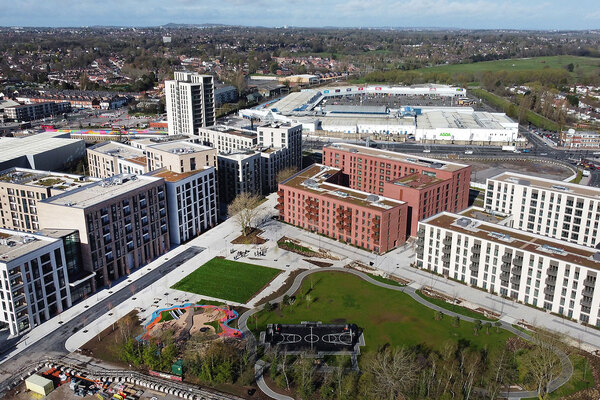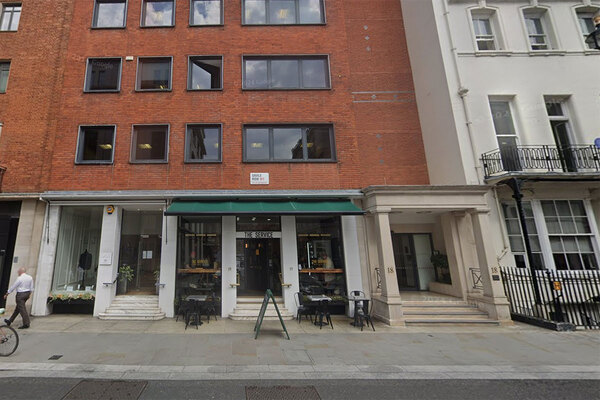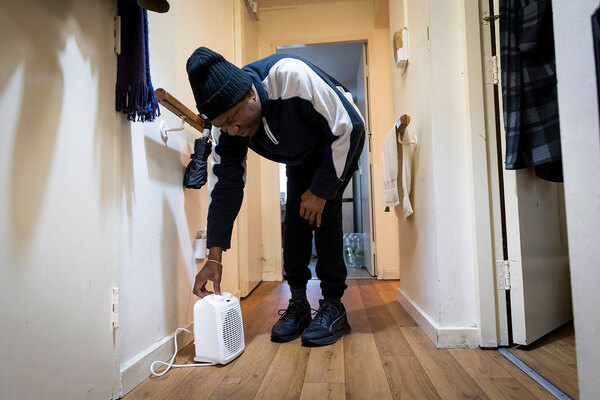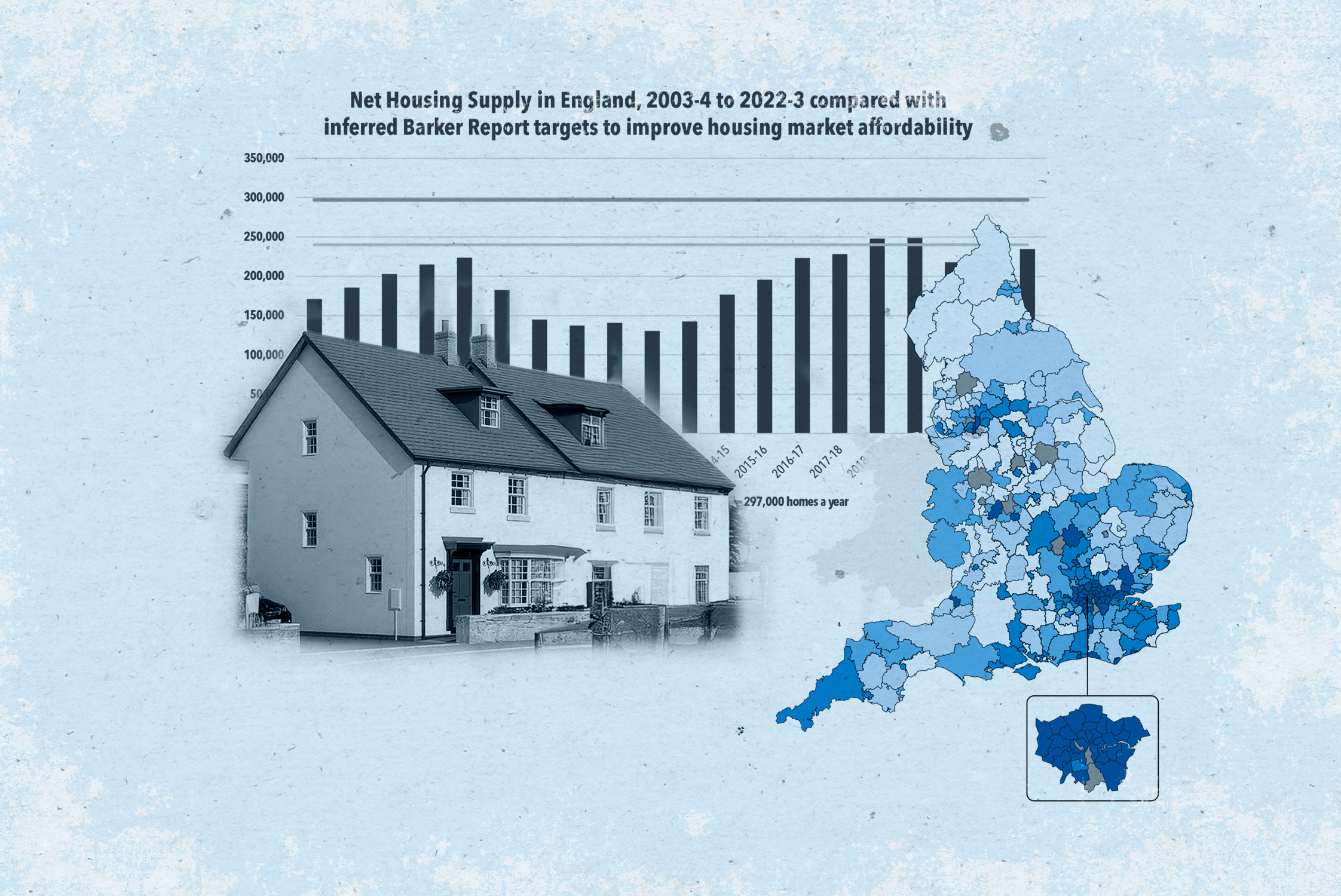Government loses appeal over FIT rate
The Supreme Court has today rejected the government’s attempt to appeal against two previous court rulings that it acted unlawfully in cutting solar subsidies retrospectively in December.
Solar firms welcomed the decision to dismiss the government’s third attempted appeal, calling for the government to draw a line under the saga.
The decision means landlords that installed solar photovoltaic panels on their properties after 12 December and before 4 March will be able to claim the full 43p/kWh feed-in tariff which is a subsidy paid to producers of renewable electricity.
Following the earlier than expected cut to the FIT from 43p/kWh to 21p/kWh with just six weeks notice on 12 December the government lost a High Court a judicial review lodged by a coalition of solar firms and Friends of the Earth which found it had acted unlawfully.
The government then lost an appeal challenge in the Appeal Court in January and frustrated the solar sector further by announcing its intent to appeal yet again to the Supreme Court.
Energy and climate change secretary Ed Davey, confirmed that the decision meant the end of the uncertainty that has hung over the sector for the last six months.
‘We are disappointed by the decision of the Supreme Court not to grant permission to hear this case,’ he said. ‘But the court’s decision draws a line under the case. We will now focus all our efforts on ensuring the future stability and cost effectiveness of solar and other microgeneration technologies for the many, not the few.’
Andy Atkins, executive director at Friends of the Earth, said: ‘This is the third court that’s ruled that botched government solar plans are illegal – a landmark decision which will prevent ministers causing industry chaos with similar subsidy cuts in future.
‘The coalition must now get on with the urgent task of restoring confidence in UK solar power.’
Daniel Green, chief executive of HomeSun, welcomed the move, but warned it would not repair the damage caused to the ‘decimated’ solar industry. He blasted Mr Davey’s role in the saga: ‘What has been particularly disappointing is that Ed Davey, who was not involved at the time of the consultation or the subsequent appeal, failed to have the strength to reverse DECC’s decision to cut the tariff and continued to appeal in vain against his predecessor’s law-breaking.
‘He will now be branded a weak loser whereas he could have been seen as a powerful champion of industry and innovation.’







